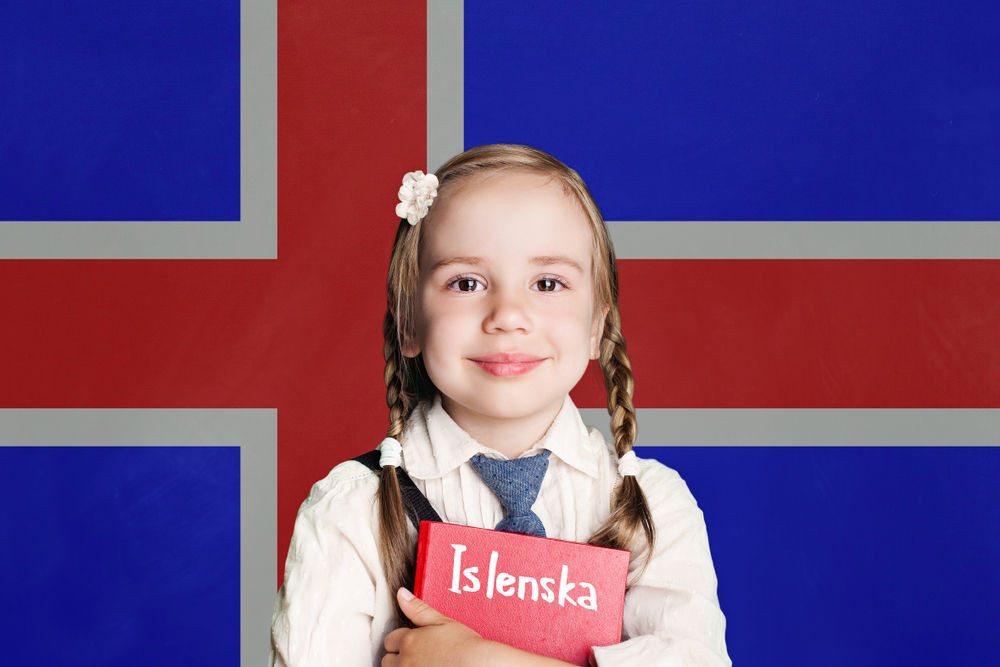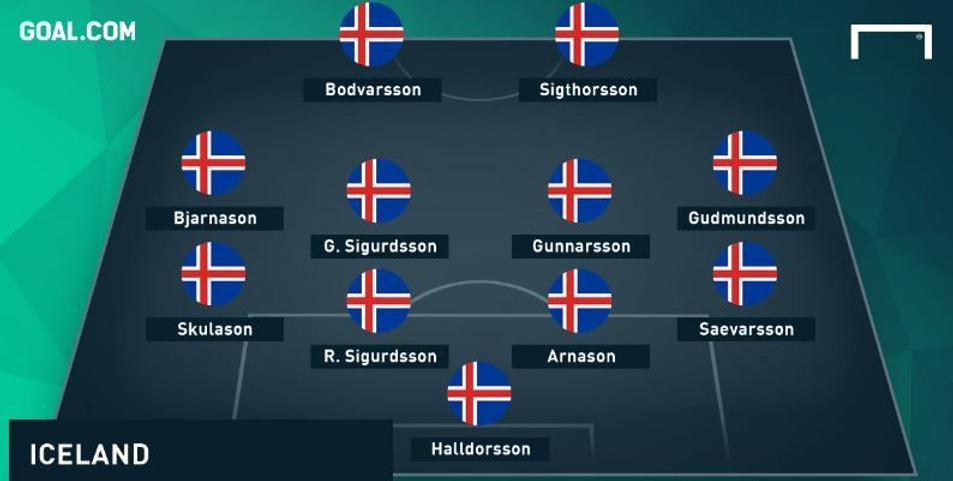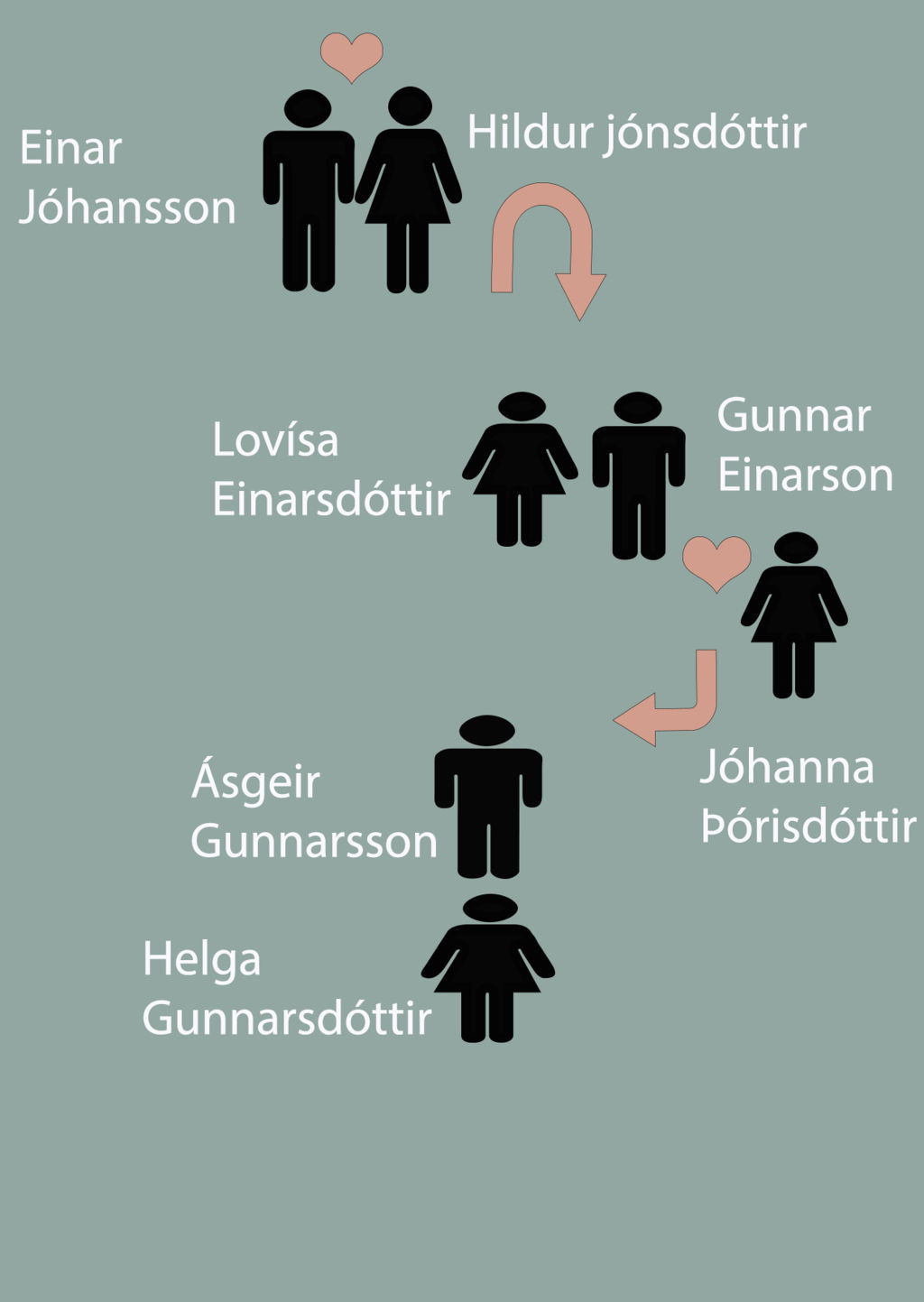Iceland is a unique and very peculiar country. Many features are only found here, from landscapes so unusual to a language reminiscent of how the ancient Vikings spoke. But the peculiarities of Iceland are not limited to that. Icelandic names are also very distinctive and original. The same happens with surnames, which have their own way of being formed. If this cultural trait has always caught your attention or you want to discover why Icelandic soccer players' surnames all end in "Son" without being brothers, stay with us. We are going to clarify and explain everything about Icelandic names.
The origin of the naming tradition
We have our naming traditions very assumed, and we rarely ask anything about them. But if we think a bit in-depth, the name that our parents gave us usually accompanies us throughout our lives (unless you change it, of course). And most of the time, it is an added trait of your personality or how others see you.
Most names tend to have their origin in physical characteristics, psychic features that parents anticipate of their child, the place of birth and the nature surrounding it, the parents' wishes for their children, and of course, religion.
Although sometimes naming traditions are the same between different languages, others are totally unique and teach people's feelings and vision.
How do Icelandic names work?
Icelandic names have a toponymic, religious, and descriptive origin. But in the case of Iceland, the name you give to your baby must be authorized by the Icelandic Name Committee. Therefore, if the name you want to choose is not in the list of official names or does not pass the selection process, you cannot use it.

One of the main reasons is that Icelandic is a minority language, and every day it faces the unstoppable advance of languages such as English. Having the Name Committee ensures that traditional Icelandic names are maintained generation after generation and are not lost to other languages' entry. Another reason is that ridicule names can be prevented because they can cause psychological harm to the child. Extraordinarily long or even numerical or illegible are also avoided.
But not everyone agrees with this. There are critical voices that argue that having a committee deciding for the name of your very own child is anachronistic in a country as advanced as Iceland. They say that parental freedom must prevail over purely cultural arguments; after all, societies change, and so do cultural components. What do you think about it?
Icelandic female names - Most common ones
These are the most popular and prominent Icelandic female names of the past year:
- Guðrún: It means Rune of God or secret lore.
- Anna: Icelandic version of the Hebrew Hannah.
- Kristin: Derives from Kristur (Christ).
- Sigríður: Compound name made of Sig- and -ríður. "Beautiful victory."
- Margrét: Icelandic version of the Persian name, it means "Pearl."
- Helga: "Holy" "Blessed".
- Sigrún: Victory rune.
- Ingibjörg: Ingi is the Icelandic version of the Norse God "Yngvi" + Björg: protection, salvation.
- Maria: Aramaic and Hebrew origin.
- Jóhanna: Icelandic version of Johannes.
Icelandic male names - The most popular ones
Besides having many options to choose from, there are always some names that stand out more than others. These are the most popular male Icelandic names from this past year:
- Jón: the Icelandic equivalent of John, which derives from Jóhannes.
- Sigurður: derives from Sigwart "protector in a battle."
- Guðmundur: compound name, made of "Guð" and "mundur". It means literally "God hand" as in God protection.
- Gunnar: it means warrior.
- Ólafur: Old Norse name meaning "heir" or "ancestor."
- Einar: it means "he who fights alone."
- Kristján: Icelandic version of the Latin Christianus.
- Magnús: Also derives from Latin Magnus, "great".
- Stefán: Icelandic version of the well-known Greek name.
- Jóhann: Icelandic version of the Hebrew name.
- Bjórn: It means "bear."
- Arnar: Related to Ari and örn, which means eagle.
The Icelandic Last names
Do you know where your last name comes from? Did you know that the way to create surnames varies from one culture to another? In this article, we will learn about the peculiarity of Icelandic surnames. First of all, make yourself comfortable, and let's get to know how surnames are formed.
Most people believe that the Icelandic language is very complicated both grammatically and phonetically. Well, when it comes to surnames, this doesn't happen. Everything is much simpler than it seems. It is just different from many countries, so that it may surprise many.
When people see the Icelandic football players' list, all they see is they seem to share the same surname? At least every surname ends in -Son. The same applies to women's soccer; their surname all ends in -dottir. Did you notice that? Let's see why that is so.
 Line up credit to goal.com
Line up credit to goal.com
How do Icelandic last names work?
In Icelandic naming, children traditionally adopt their father's first name with 'son' or 'dóttir' (daughter) added, reflecting their gender. The custom when forming surnames in Iceland is patronymic.
This means that the child's last name is created by using the father's first name and adding a suffix that means "son of" or "daughter of." In the male case, this is -Son, and in the female case -Dottir; As you can see, it is the equivalent of the English "son" and "daughter."
To understand this better, let's imagine that Mr. Einar Johansson has two children, a girl, and a boy. His son's last name would be "Einarson," and his daughter's would be "Einarsdottir." Easy peasy!
Patronymic surnames are present in many cultures. In English, the suffix "son" is also used to form surnames such as Patterson or Davidson. "Mac" in Gaelic as in McLeod, means son of Leod, and the suffix -ez in Spanish as in Rodríguez, means "son of Rodrigo," and so on.
There is, however, a significant difference between these cultures and the Icelandic customs. This difference is that surnames, in other cultures, pass from generation to generation. If your father's last name is Patterson, so will be your last name and your son will also be a Patterson. That does not happen in Iceland. Last names are always formed from your father's first name, so family surnames are lost.
As we previously saw in the example, Mr. Einar's last name is Johansson because his dad's first name was Jóhannes. But the son of Mr. Einar has "Einarson" as a last name because his father's first name is Einar.
And if the son of Einar, which, let's say, is called Gunnar has a child, then he / she will be neither Johansson nor Einarson, but yes, you guessed it! Gunnarson if he is a man or Gunnarsdottir if she is a woman.

So, summing up:
Why do Icelandic names end in dottir?
Because -dottir is a suffix that means "daughter of" and it is added to the father's name to create a girl's surname.
Why do all Icelandic names end in son?
Because Icelandic surnames are formed adding the suffix -son, which means "son of" to the father's name to create a boy's surname.
Fun fact about Icelandic surnames
For most people, using last names is a formal way of addressing another person and showing respect to strangers. Icelanders address everyone by their first name directly, and you are not informal. It doesn't matter if you are talking to the Prime Minister of Iceland, a famous person, or a store clerk. We all use our names, and we use other people's names to refer to them. That's not considered impolite or rude. So don't feel insulted if someone doesn't address you by your last name.
Icelandic names
We hope this article on Icelandic names has helped you understand a little more about Icelandic culture, how we see the world and how we relate to each other. So, when you visit Iceland in your rental car and see all these names and surnames, you will undoubtedly understand everything better. And who knows! It may inspire you to name your future children.


 By
By


